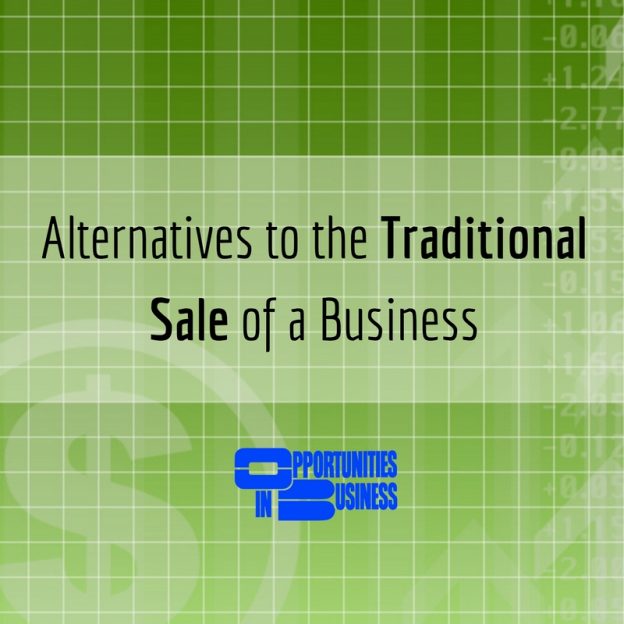When owners envision selling their business, they often have in mind the traditional sales model of selling the entire enterprise, often for the sake of a large payout to fund retirement. This is a perfectly valid scenario, but we recommend that owners consider other options which may be more lucrative specifically a private equity recapitalization structure.
Recapitalization
What is recapitalization? Broadly speaking, it’s the restructuring of a company’s debt and equity balance to optimize its capital structure. It often involves a change in financing, such as replacing preferred shares with bonds. Recapitalization strategies have traditionally been associated with public companies seeking to raise stock prices, but private equity groups have been embracing the approach for acquiring both public-traded and privately-held businesses.
Private Equity Recapitalization Structure
The private equity recapitalization model involves the private equity investor acquiring a majority stake in the business, and the owner retaining a minority stake. Typically this means that the business takes on debt roughly equal to the price paid to the owner. This way, the new majority shareholder isn’t at risk of extracting too much cash from the business while also avoiding depleting their own cash resources. The company’s debt-to-equity mix is thus altered, enabling the original owner to realize some of the inherent value of the business in the present, while their minority ownership stake maintains potential future value from eventual distributions or the next sale of the business. In some cases, owners stick around as the business changes hands from one investor to another, while an equity stake enables them to keep potentially profiting from the business.
Sell Your Business, Then Sell It Again
Ultimately, the most lucrative equation may result from selling your business multiple times under a private equity recapitalization structure.
Benefits of Private Equity Recapitalization
The owner enjoys the clear and direct benefit of cashing out a slice of the business’s value. However, other factors benefit the owner, investor, and management team:
- New investors may have connections to fresh resources which promote rapid growth.
- A broader ownership base diminishes risk.
- When the ownership team diversifies, representing multiple different backgrounds, strategic decision-making is strengthened.
- Typically, employees in management have the option to invest in the new entity. With skin in the game, their performance may soar.
- The majority shareholder typically has the deep pockets to support growth and strategic acquisition.
- The original owner may enjoy capital gains when the business sells a few years down the road – presumably at a higher value.
Risk Of Private Equity Recapitalization
Private equity recapitalization is not without risk, and it’s only suited to larger businesses.
A primary risk is overleveraging. In addition, private equity firms generally require a certain revenue threshold before they’ll invest. Most U.S. private equity firms require at least $20 million in annual revenues or $2 million in normalized EBITDA.
Timing Matters
Ownership needs to consider timing and investment horizons. This strategy is suited for a long game. When private equity firms acquire a business, they typically intend to grow and divest the business over a period of roughly seven years.
An owner wishing to retire in the next couple of years will benefit more from an outright sale. However, if an owner is looking at retirement 5-15 years in the future and their business is sufficiently large, this strategy is absolutely worth considering.
Ownership Team Performance is Crucial
When the ownership team performance aligns with the expectations of the private equity firm, this scenario can be a huge win for the owner.

